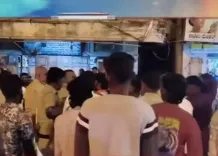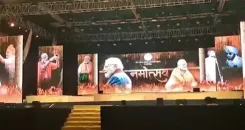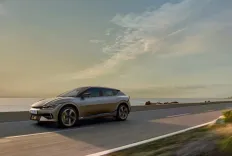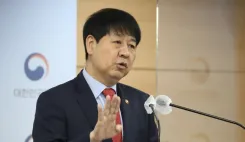Is the Fuel Ban Suspension a Solution to Public Inconvenience?
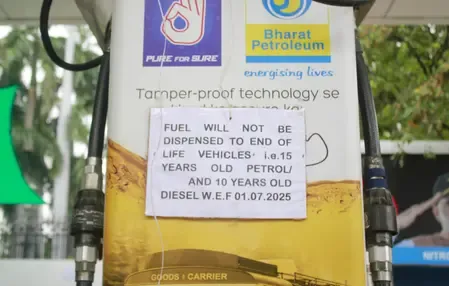
Synopsis
Key Takeaways
- Delhi government is challenging fuel ban restrictions in court.
- Public convenience is a priority in addressing past governance issues.
- The ban's implementation has revealed significant operational challenges.
- A comprehensive solution for pollution control is being sought.
- Vehicle owners advocate for criteria based on vehicle fitness, not just age.
New Delhi, July 7 (NationPress) The Delhi Transport Minister Pankaj Kumar Singh announced on Monday that the government intends to approach the Supreme Court for relief regarding the suspended restrictions on fuel sales to end-of-life (EOL) vehicles and to highlight the prior government's environmental oversights by AAP. Singh remarked, "We will inform the Supreme Court that the public should not suffer because of the previous administration's failures," during an interview with IANS.
When pressed about accusations from Aam Aadmi Party (AAP) officials claiming that vehicles are being seized unlawfully under the new BJP administration, Singh declined to comment, stating, "I prefer not to engage with a party that emerged from a foundation of falsehoods and whose governance misled the citizens on critical issues such as water supply, road conditions, Yamuna river cleaning, and Mohalla Clinics."
He suggested that AAP leaders should remain in Punjab, where they retreated after deceiving residents of Delhi and losing the Assembly elections.
Last week, citing technical issues and the lack of vehicle database availability from neighboring NCR states, the Delhi government reached out to the Commission for Air Quality Management (CAQM) to postpone its directive halting fuel sales to older, polluting vehicles.
Chief Minister Rekha Gupta asserted that a comprehensive ban across the NCR would be the most effective method to tackle the issue of polluting EOL vehicles.
"This matter requires thorough discussion and attention. We aim to present compelling evidence to the Supreme Court and advocate for the rights of Delhi's inhabitants. We will also argue that only pollution standards applicable nationwide should be enforced in the Capital," she stated.
Just last week, the Delhi government formally requested the CAQM to delay its order prohibiting fuel sales to EOL vehicles effective July 1.
In a letter to the CAQM chairperson, Environment Minister Manjinder Singh Sirsa described the ban on fuel sales to EOL vehicles as "premature" and "potentially counterproductive."
This appeal from the Delhi government comes in light of increasing dissatisfaction among EOL vehicle owners who demand that any restrictions on aging vehicles be based on their fitness and emissions rather than mere age.
Sirsa wrote to the CAQM head requesting the suspension of Direction No. 80, issued on April 23, 2025, which prohibits fuel sales to EOL vehicles within Delhi.
He indicated that the implementation of this directive has unveiled several issues that need resolution before it can be fully enforced.
The transport authority categorizes EOL vehicles as those that are no longer validly registered, regardless of whether they run on petrol, CNG, or diesel. This group includes petrol vehicles older than 15 years and diesel vehicles older than 10 years.


